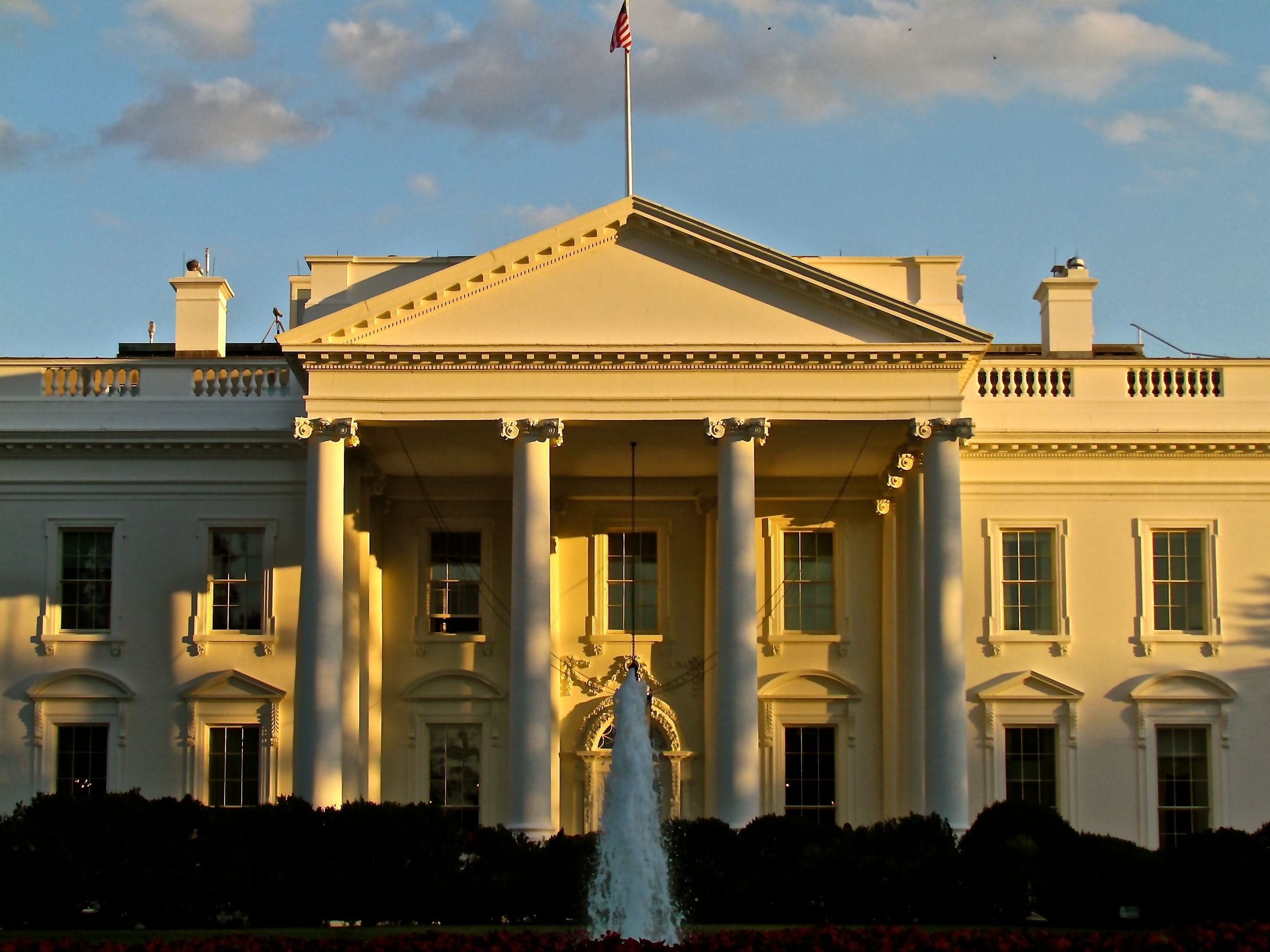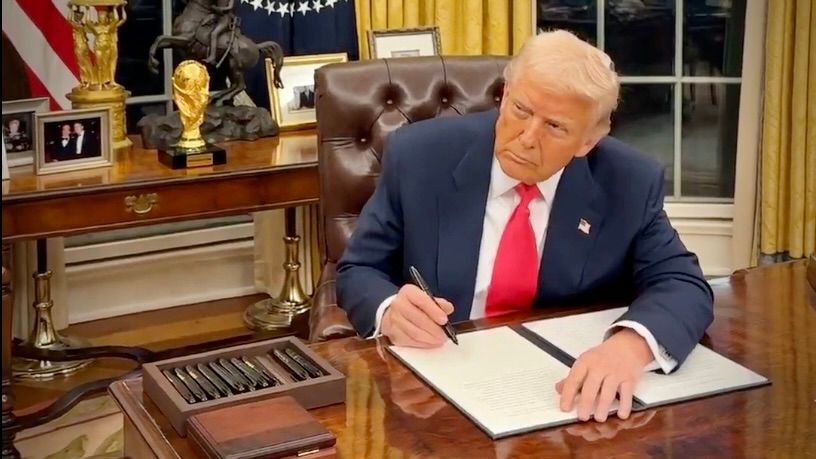Stablecoins and Congressional Action on Digital Assets Legislation
The Senate Banking Committee’s first hearing on a potential regulatory framework for digital assets was held on Wednesday, with a focus on stablecoins and the role of Congress in addressing future legislation. The hearing marked the beginning of further Congressional action on digital asset regulations.
Opening Remarks
The hearing was chaired by Wyoming Republican Cynthia Lummis, a long-time crypto proponent, and featured four witnesses: Timothy Massad, former CFTC Chair; Jai Massari, co-founder and Chief Legal Officer of Lightspark; and David Sacks, White House Crypto and AI Czar. Lummis emphasized the importance of developing a bipartisan legislative framework for both stablecoins and market structure, citing draft legislation she introduced with New York Democrat Kirsten Gillibrand as a natural counterpart to the House’s Financial Innovation and Technology for the 21st Century Act.
Stablecoin Focus
Stablecoins will be the first item on the committee’s agenda, according to Lummis, echoing statements made by Sacks and Scott, who chairs the overall Senate Banking Committee. Massad, one of the hearing’s four witnesses, urged lawmakers to focus on stablecoin legislation for the moment and defer any market structure efforts "for several years."
Regulatory Framework
Massad emphasized the need for a regulatory framework that addresses the unique characteristics of digital assets. "For four years, the crypto industry has called on the SEC and CFTC to develop rules and guidance and to stop regulating by enforcement; that is now happening," he said. "The SEC has dropped enforcement cases and launched a crypto task force to tackle these issues. We should let these regulatory issue initiatives make progress before rushing to rewrite the securities law."
Market Structure Regulations
Massad warned that existing proposals to update market structure regulations to address crypto could "create more confusion than clarity," particularly around defining how a digital asset might be a security, commodity, or something else. These proposals could potentially undermine existing securities laws, especially if they address decentralized finance.
KYC and Regulatory Framework
Virginia Democrat Mark Warner asked the panelists to discuss the possibility of stablecoin users conducting know-your-customer (KYC) processes. Massari noted that even though self-custodied wallets don’t conduct KYC, "there is an immutable on-chain record of those transactions that can be monitored, not only by the issuer, but by third parties, including law enforcement." While mixers and other tools can obfuscate transactions, custodial wallets still conduct KYC at the end of a chain of transfers, she added.
Conclusion
The Senate Banking Committee’s hearing on stablecoins and digital assets marked an important step towards developing a regulatory framework for the rapidly evolving digital asset market. The challenges posed by these new instruments require careful consideration and a nuanced approach to ensure that regulatory measures strike the right balance between protecting investors and facilitating innovation.
FAQs
Q: What is the focus of the Senate Banking Committee’s hearing on digital assets?
A: The hearing focuses on stablecoins and the role of Congress in addressing future legislation.
Q: Who are the key witnesses at the hearing?
A: Timothy Massad, former CFTC Chair; Jai Massari, co-founder and Chief Legal Officer of Lightspark; and David Sacks, White House Crypto and AI Czar.
Q: What is the current state of regulatory efforts on digital assets?
A: The SEC has dropped enforcement cases and launched a crypto task force to tackle these issues, while the CFTC has also taken steps to develop rules and guidance.
Q: How should lawmakers approach market structure regulations for digital assets?
A: According to Massad, lawmakers should focus on stablecoin legislation for the moment and defer any market structure efforts "for several years," allowing regulatory issue initiatives to make progress before rewriting securities law.









